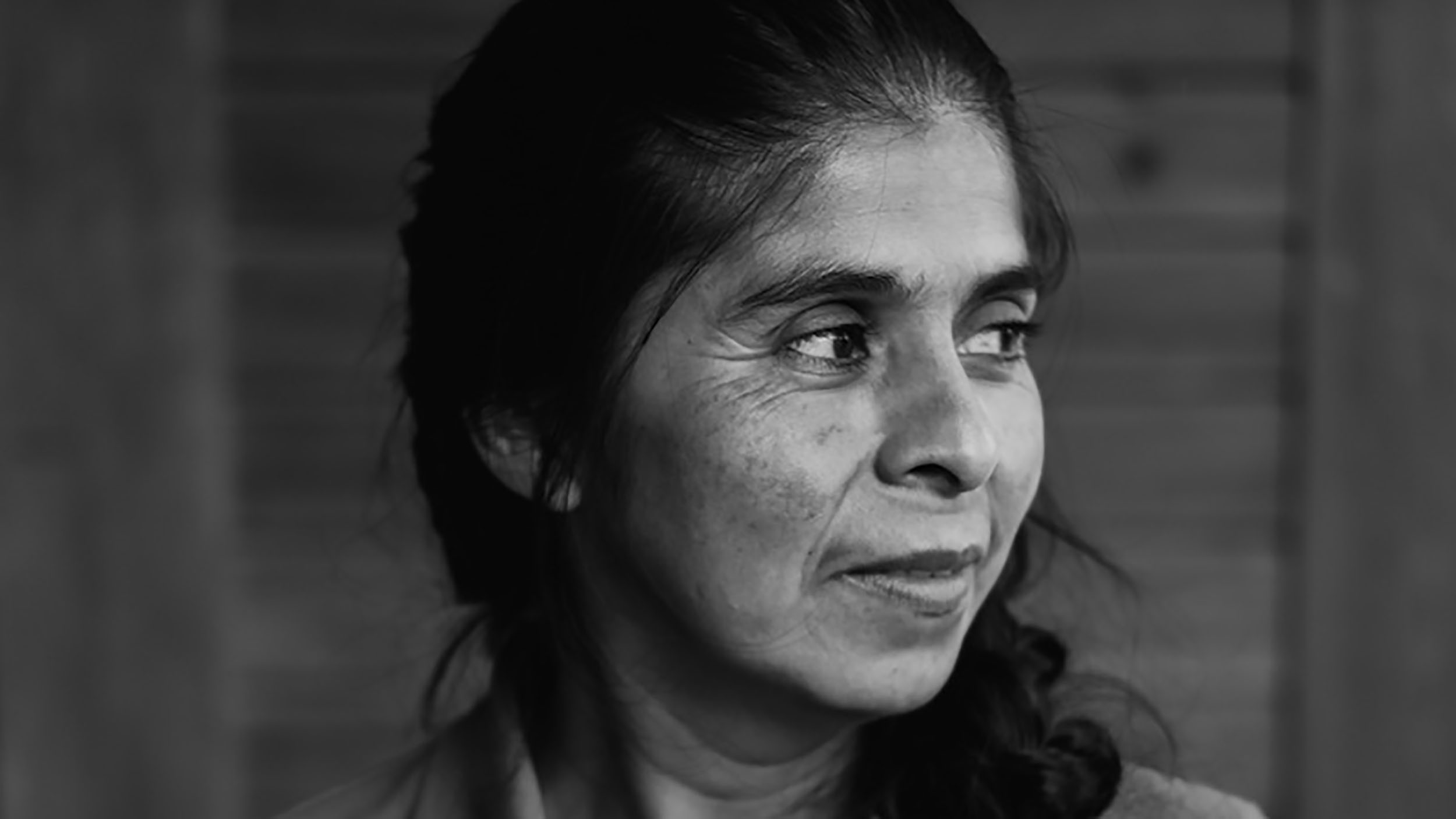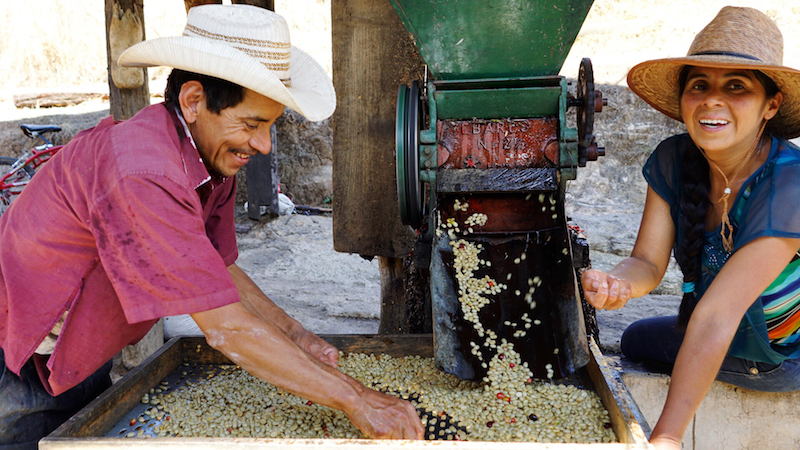Women in Coffee: Doris Alicia Benitez
A Member-Farmer of Catracha Coffee Company
Doris Alicia Benitez’s coffee has been featured on our menu as both a single-producer single origin, and as a component in 2021’s Catracha Community coffee.
No Sé Que ("I don't know what") may be the nickname of a mystery cultivar growing on farmer Doris Alicia Benitez’s land. But Doris’s coffee, a standout on the cupping table, demonstrates just how brightly her coffee know-how and dedication to craft shines. It should come as no surprise: Doris began farming when she married her husband, Mateo, back in 2000, but she had already watched her father, an early convert to organic practices, grow coffee for years before that.
Catracha Coffee Company's Hard Work Pays Off
Doris and Mateo are just two of the many farmers who belong to Catracha Coffee Company in Santa Elena, Honduras. The nonprofit and coffee collective is founded on the premise that improving coffee quality is key to uplifting farmers, and the only way to change how a coffee tastes is through on-the-ground trainings, community-sourced solutions, and long-term partnerships with roasters like Blue Bottle.
An Equitable Farm
Doris and Mateo maintain nearly three hectares of land a few miles outside of the center of Santa Elena. They split ownership, having decided years ago to each tend land of their own. In addition to their burgeoning coffee nursery, they grow banana plants, succulents, and chia trees, which are native to the area.
A Thriving Partnership
For the farmers of Doris’ parents’ generation, coffee was typically sold through middlemen. Catracha Coffee Company connects farmers to the specialty coffee market, giving them more control over pricing for their crops and a bigger cut of the final sale. Blue Bottle is doing our part by including the cost of sustainability in our payment structure. Now, Catracha farmers who receive two payments over a season are now eligible for a third premium payment, awarded to the coffees that score the highest on the cupping table. Those who receive this premium earn more per pound while also passing on a percentage of the premium to invest in organic farming practices that benefit the entire community.
Doris, needless to say, received the quality premium for her six bags of Red Catuai coffee grown and processed right in her backyard. The community at large received $2,600, a considerable sum for the farmers of Santa Elena. When Catracha Founders Mayra Orellana-Powell and Lowell Powell offered to connect us with Doris, we couldn’t pass up the chance to hear more about her work.
You’ve been a part of Catracha Coffee Community for a few years now. How has belonging to Catracha changed the way you farm?
As a woman, I'm empowered by Catracha to participate more and to learn more about coffee. We bought our land with a loan and didn’t have the money to pay it back on time because there was no harvest yet. Catracha loaned us the money to pay the debt on time. When we finally had a harvest, we paid Catracha. Now that we receive more profits, we’re able to pay the people who help us more, and they end up feeling more passionate about the work we are doing, too. Before that, we were just selling our coffee as best we could, but we had no passion about our work.
Today, what parts of farming do you like most? And what aspects are the most difficult?
I like to prune the coffee and watch it grow into form. The biggest challenge is controlling diseases like roya (coffee leaf rust). It makes me sad when our efforts are not enough to protect the farm.
I also feel helpless with climate change… It’s so hard to watch the farm suffer, like when there is a long dry spell and nothing we can do to prevent it.
Why do you think your coffee tastes so delicious?
I think it is because of how we have managed the farm from the very beginning, using organic material that provides strength and health to the plants.
My farm is relatively new, and I hope that in five years, it will be sustainable. I also hope that our farm can provide good pay for the people that help us and support our son's future. Someday, we hope that Henry, our son, becomes involved in the management of the farm.
What do you want our guests to know?
That our coffee is treated with lots of love, and we are grateful that you choose to drink our coffee.







